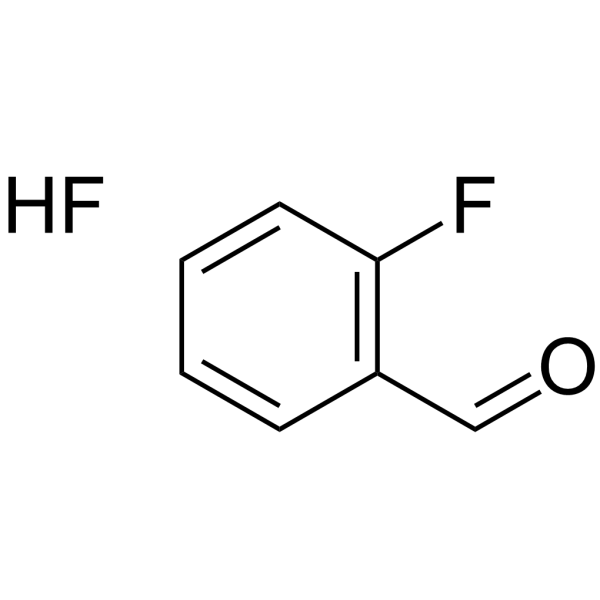
2,4-Difluorobenzaldehyde
CAS No. 1550-35-2
2,4-Difluorobenzaldehyde( 2,4-Difluoro-benzaldehyde )
Catalog No. M28626 CAS No. 1550-35-2
2,4-Difluorobenzaldehyde target bont - botulinum neurotoxin type A (Clostridium botulinum).
Purity : >98% (HPLC)
 COA
COA
 Datasheet
Datasheet
 HNMR
HNMR
 HPLC
HPLC
 MSDS
MSDS
 Handing Instructions
Handing Instructions
| Size | Price / USD | Stock | Quantity |
| 5MG | 49 | In Stock |


|
| 100MG | Get Quote | In Stock |


|
| 200MG | Get Quote | In Stock |


|
| 500MG | Get Quote | In Stock |


|
| 1G | Get Quote | In Stock |


|
Biological Information
-
Product Name2,4-Difluorobenzaldehyde
-
NoteResearch use only, not for human use.
-
Brief Description2,4-Difluorobenzaldehyde target bont - botulinum neurotoxin type A (Clostridium botulinum).
-
Description2,4-Difluorobenzaldehyde target bont - botulinum neurotoxin type A (Clostridium botulinum).
-
In Vitro——
-
In Vivo——
-
Synonyms2,4-Difluoro-benzaldehyde
-
PathwayOthers
-
TargetOther Targets
-
Recptor——
-
Research Area——
-
Indication——
Chemical Information
-
CAS Number1550-35-2
-
Formula Weight142.1
-
Molecular FormulaC7H4F2O
-
Purity>98% (HPLC)
-
SolubilityIn Vitro:?DMSO : 100 mg/mL (703.73 mM)
-
SMILESO=Cc(ccc(F)c1)c1F
-
Chemical Name——
Shipping & Storage Information
-
Storage(-20℃)
-
ShippingWith Ice Pack
-
Stability≥ 2 years
Reference
1.Umeyama A, et al. A new bromopyrrole alkaloid and the optical resolution of the racemate from the marine sponge homaxinella sp. J Nat Prod. 1998 Nov;61(11):1433-4.
molnova catalog



related products
-
Justicidin D(Neojust...
Justicidin D is a lignan that has antiviral activities.
-
Swertianolin
Swertianolin, mangiferin, rhodenthoside A-C, isoorientin, isovitexin, and amarogentin would serve as potential chemotaxonomic markers to differentiate Gentianaceae species.
-
JNJ-1661010
JNJ-1661010 is an effective and specific FAAH inhibitor (IC50: 10/ 12 nM for rat/human), shows >100-fold selectivity for FAAH-1 than FAAH-2.



 Cart
Cart
 sales@molnova.com
sales@molnova.com


